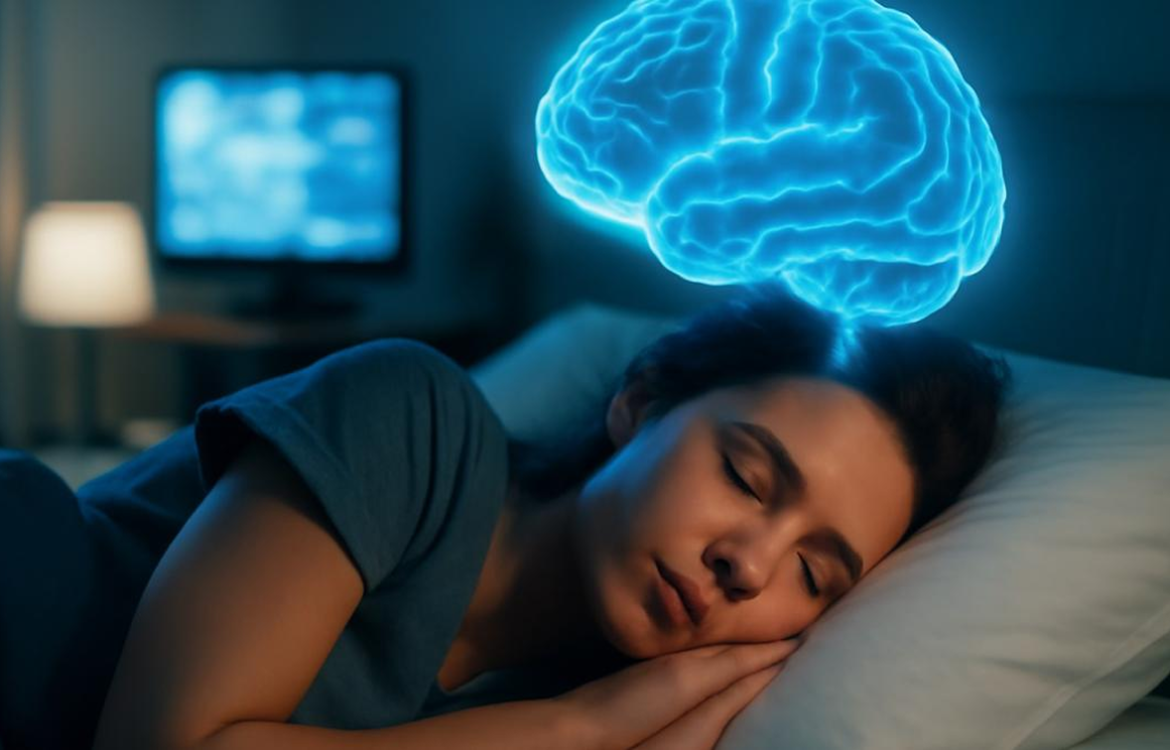5. Align Nutrition with Your Rhythms
Eating patterns affect energy levels. Many experts advocate for breakfast and lunch during peak hours and lighter dinners to support sleep quality. Avoid heavy meals late at night to prevent digestive disruption.
Advertising
Biorhythms and Mental Health
Disrupted biorhythms are linked to mood disorders such as seasonal affective disorder (SAD), which affects many in the UK during darker months. Synchronising work and lifestyle with natural light exposure can improve both mental well-being and productivity.
The Role of Employers
Forward-thinking UK employers are recognising the benefits of flexible scheduling and wellness initiatives. Allowing employees to tailor work hours, encouraging breaks, and promoting natural light access can boost overall workplace performance and satisfaction.
Future Trends: Technology and Biorhythm Integration
Advances in AI and wearable technology promise personalised productivity tools that adapt schedules to individual biological rhythms. UK startups and research institutions are exploring apps that suggest optimal work and rest times based on real-time data.
Conclusion
Aligning work with your body’s biorhythms offers a practical, science-backed pathway to enhanced productivity and well-being. For UK workers balancing demanding schedules and lifestyle pressures, tuning into these natural cycles can lead to better focus, creativity, and resilience — proving that sometimes, the best way to work harder is to work smarter with your body’s own clock.

